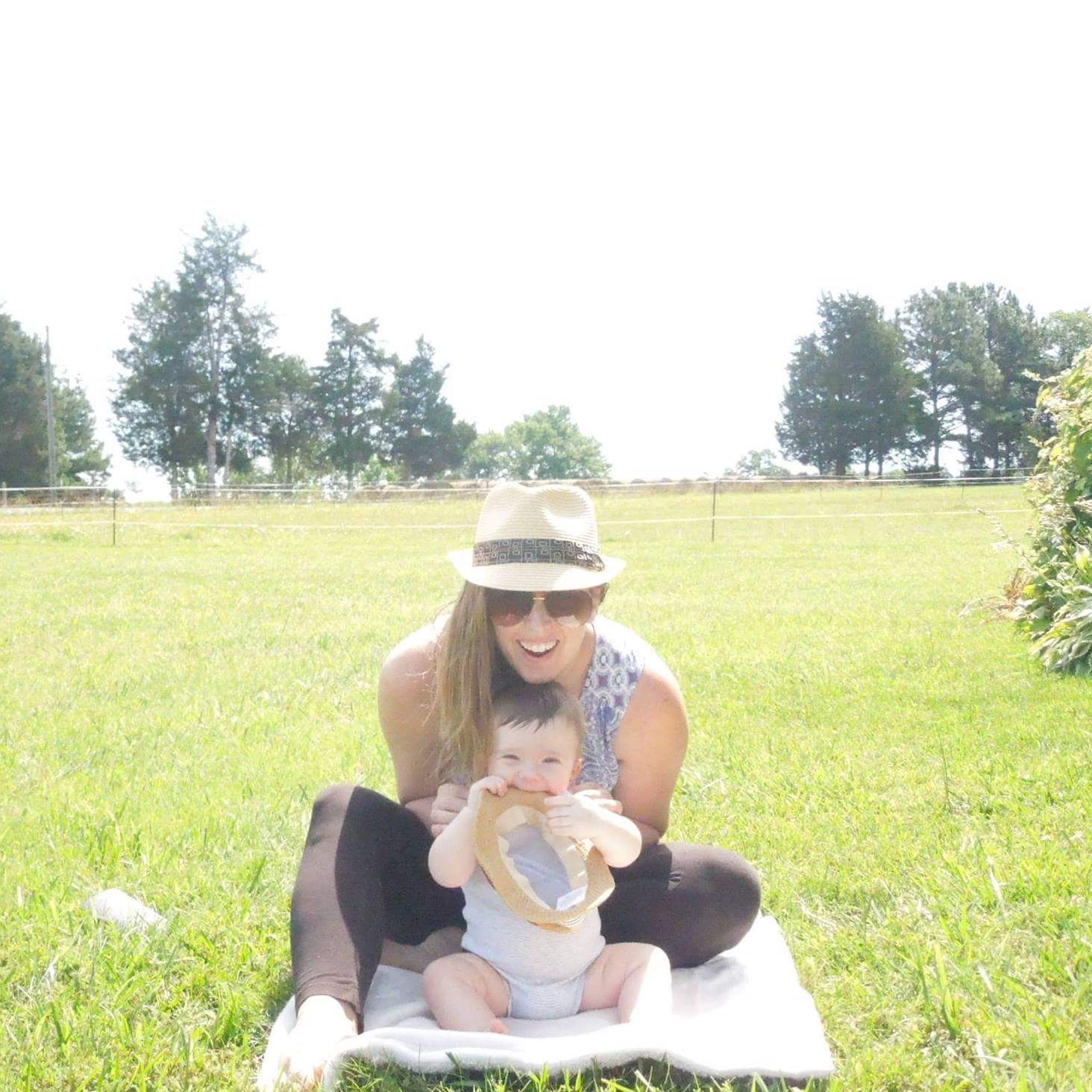The relationship between money and happiness is contentious, but the traditional wisdom of money can’t buy happiness has largely been debunked by researchers. Fascinating studies say money can buy happiness, if you spend it the right way.
One particular study, conducted at Princeton University by economist Angus Deaton and psychologist Daniel Kahneman, analyzed 450,000 responses by Americans taken by Gallup and Healthways in 2008 and 2009. Researchers found that Americans that make below $75,000 are more affected by their everyday stressors such as divorce, health issues, and providing food and shelter. However, at the $75,000 benchmark, those particular stressors did not impact their overall “emotional well being,” resulting in happier respondents.
That being said, the correlation between money and happiness begins to fade when you make more than $75,000, according to the Princeton study. Othersput that number at $105,000.
While the study did not get into the specific reasons behind the results, there is one simple explanation that comes to mind — you have more disposable income, eliminating financial anxiety. Oftentimes, this disposable income leads to more material purchases like bigger homes, luxury cars, and expensive jewelry.
But, why the $75,000-$105,000 limits? Why, with more disposable income and less financial stress, do happiness levels not continue to rise?
Because they aren’t spending their money the right way. Spending your money the right way will bring you a greater sense of fulfillment in your life.
Looking for ways to buy happiness? No matter where you are in your financial journey, these ways will bring you a greater sense of fulfillment in your life.
Buy experiences
How fast did the “new” of your new IPhone take to fade? What about your new car. Pretty quickly, right? There will always be a bigger, better, and newer version of what you just bought. You will always want more. Why? People adapt to material possessions quickly.
Buy experiences instead. When you buy an experience you create a memory, normally with others. These memories and connections form your identity; therefore, creating a lifelong emotional impression.
An experience forms your being. An experience creates lifelong relationships. An experience will mean more to you in the end than any material possession.
Give to charity
Spread the wealth. Giving to a charity, or group, you are passionate about will improve your happiness. There is biological proof. A study conducted in 2016 by Nature Communications, takes a look at generosity and happiness. They found that when you give money, no matter the amount, parts of your brain that control your mood are boosted, creating a feeling of happiness.
Help loved ones
Similar to giving to charity, helping loved ones gives you the same biological experience that leaves you feeling a warm glow. Also, helping a loved one through a tough time will build relationships and create emotional bonds.
But, readers beware, do not engage in a loan relationship with a family member. These relationships normally create additional financial and relationship stress.
Create more freedom
Create more freedom, or time, to do the things you love as opposed to spending your time on obligations. IE-mowing the lawn, doing your taxes, deep cleaning your house. When you have more time to pursue your passion projects, the happier you become.
But, you ask, shouldn’t I be saving my money to build more wealth?
Studies show that those who live frugally and penny pinch continue to do so even when they build wealth, leading them to live a less satisfying life. Those who created more freedom and time for themselves were shown to be happier.
Wrapping it up
Money can buy happiness, if you spend it the right way. When you give your hard earned money a specific purpose that speaks to your heart, passion, and values you will feel more fulfilled in your quest to live your life’s purpose.


